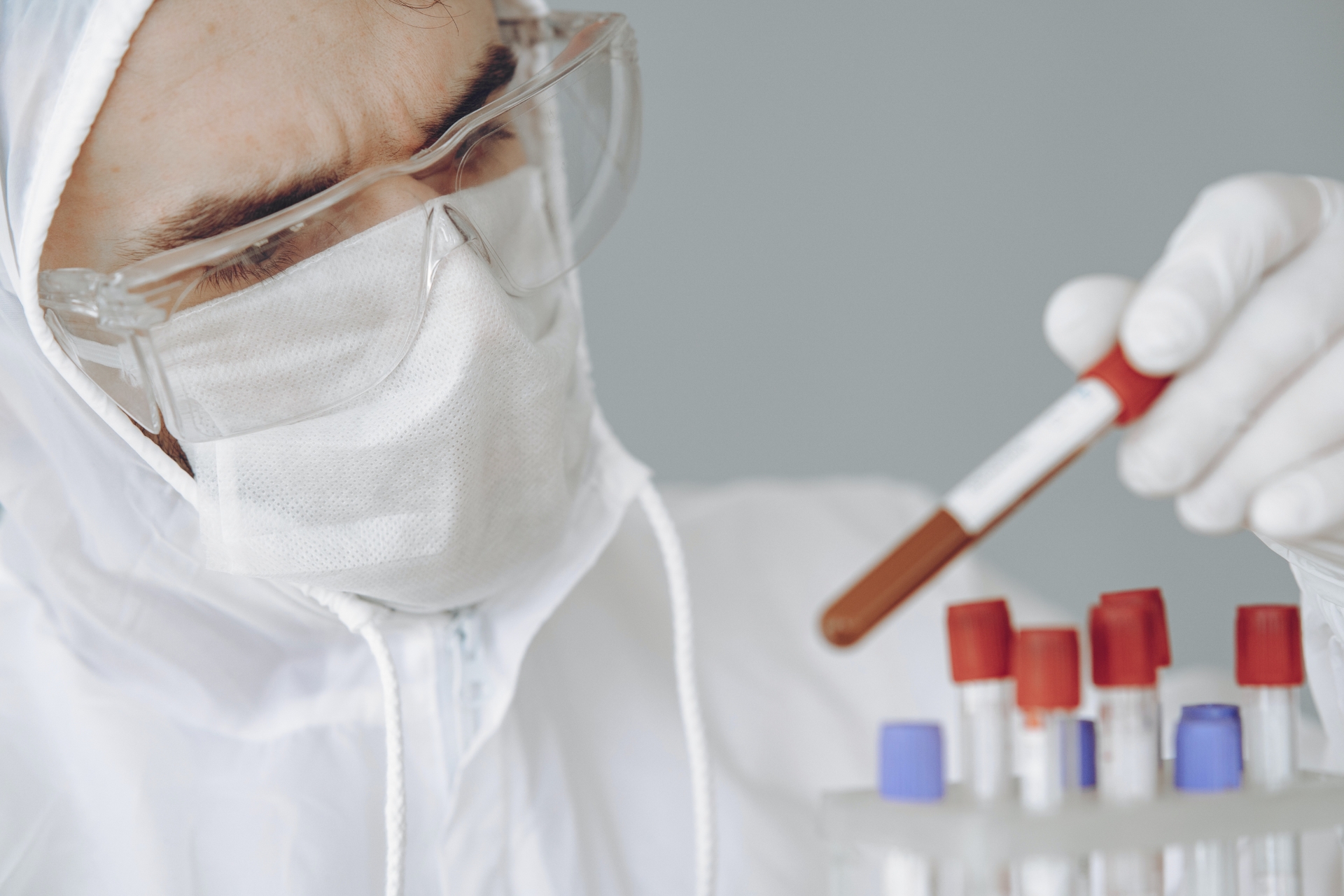|
The University of Arizona has received U.S. Food and Drug Administration authorization to use its COVID-19 antibody test, which was developed by a team of UArizona Health Sciences researchers. Since April, the university’s test was able to be administered across the state while the FDA Emergency Use Authorization review process was underway. The university and the state of Arizona also are expanding their free COVID-19 antibody testing program to anyone in Arizona age 18 and older. The antibody test determines who has been exposed to and developed an immune response against COVID-19. Information and registration for the free test is available at covid19antibodytesting.arizona.edu. “This antibody test developed by our own researchers is one of the most accurate tests in the country, with an estimated false-positive rate of less than 1 in 5,000,” said Dr. Michael D. Dake, senior vice president for UArizona Health Sciences. Combined with other tools, such as diagnostic testing and contact tracing, antibody tests can inform public health decisions about viral exposure, spread and protection. “For coronaviruses that are most closely related to SARS-CoV2 – the virus that causes COVID-19 – antibodies continue to be produced for at least three years,” Dake said. “The structure of SARS-CoV2 contains no mutations that would suggest departure from this known behavior of coronaviruses. Based on this knowledge, immunity shorter than a year would be unprecedented for acute viral infections caused by this family of viruses, during which time a vaccine hopefully would become widely available.” Differences in COVID-19 TestingThere are three types of tests being deployed during the pandemic. An antibody test uses a blood draw to determine whether an individual has developed an immune response after being exposed to COVID-19. The other two tests use nasal swabs to diagnose whether an individual is currently infected with the virus. |




